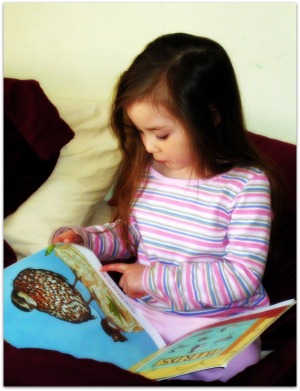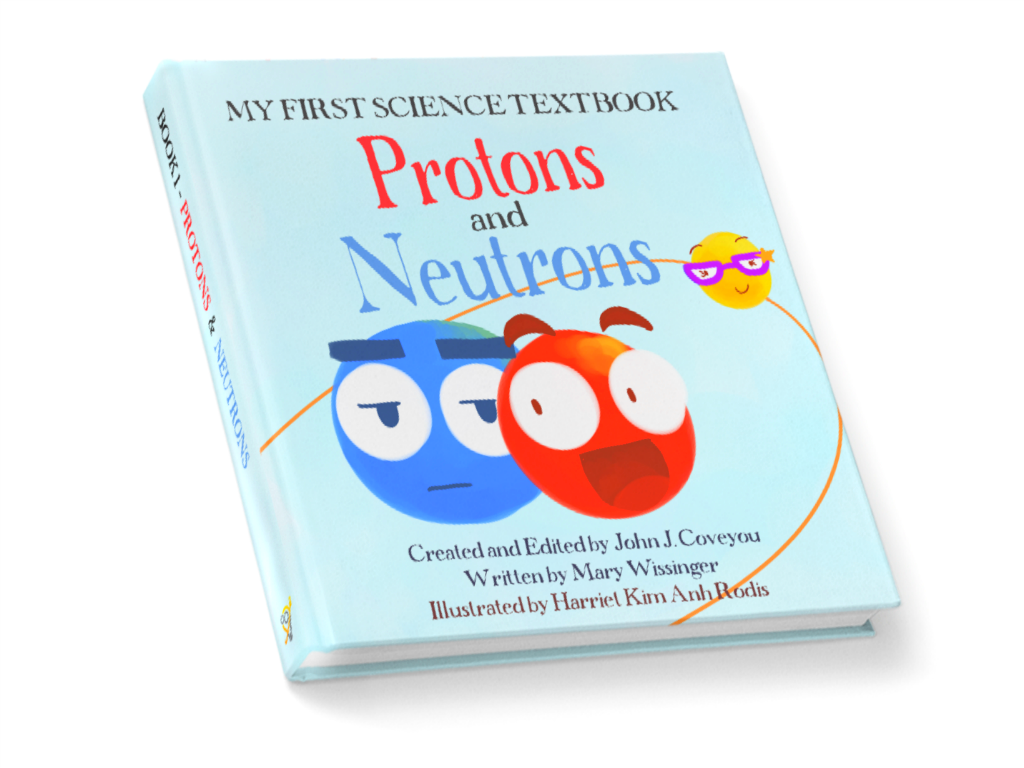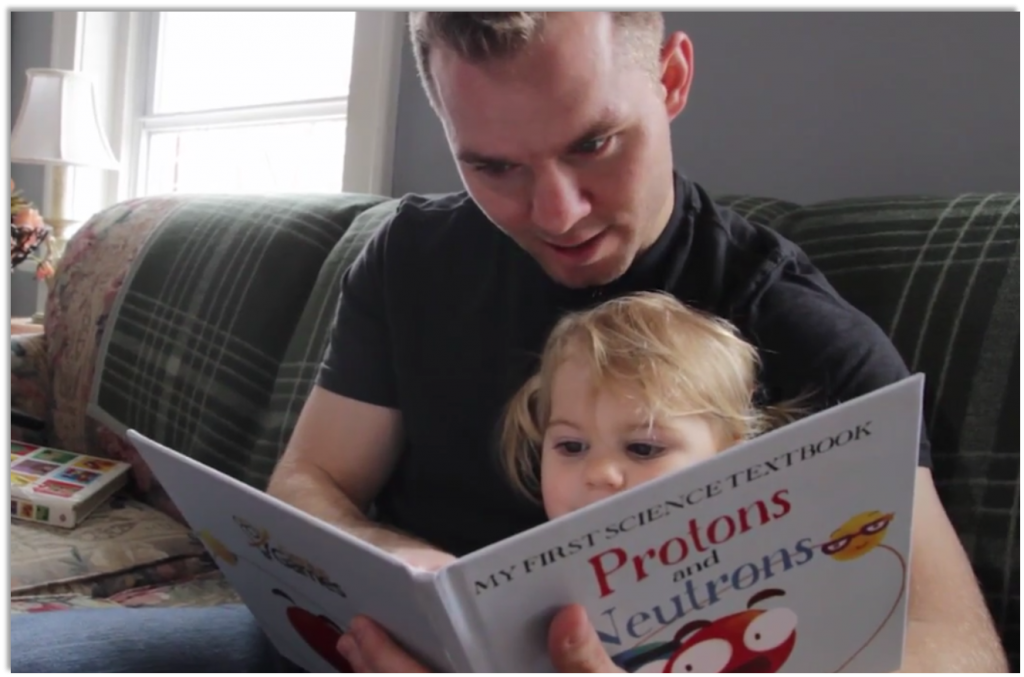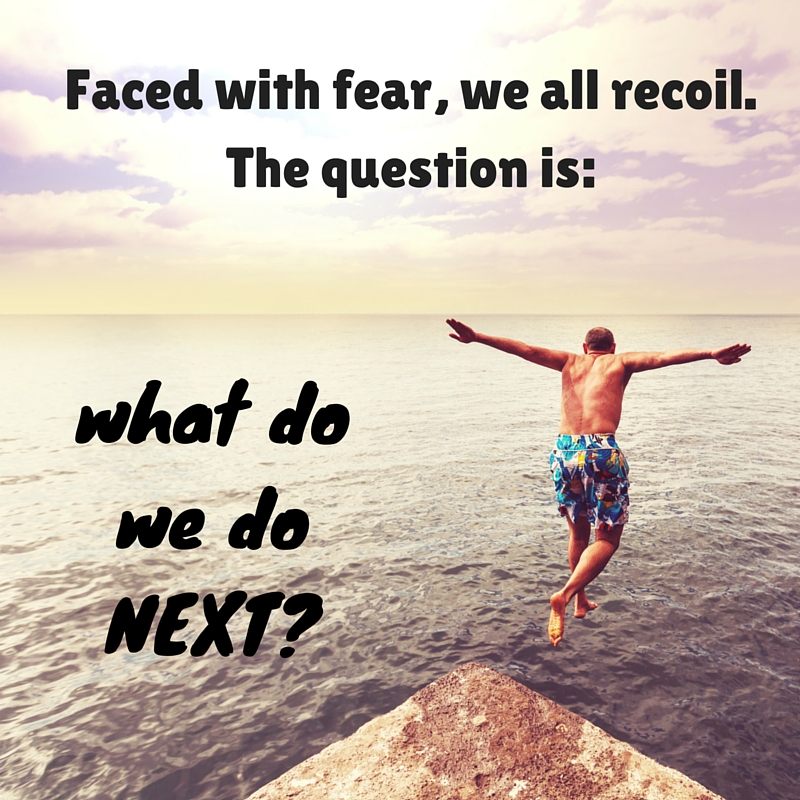I received an email today that had the subject line: Does Reading Matter?
And I got all hot and bothered about it because yes, of course reading matters. It matters a lot. Trust me, I haz opinions on this subject.
Turns out, the email’s author has opinions on the matter too, and sent me a lovely article outlining them. It’s well worth your time, with some fresh reading recommendations in there, to keep you occupied while I gather my own feverishly opinionated post together.
(First, feast your eyes on this photo of Cass reading back in 2011, when she was 7. Be still my beating heart; where’d my little girl go?)

Does Reading Matter?
By Chantal Jauvin
With April upon us, thousands of families are starting to negotiate what they will do for their summer vacations. The stakes are high: Wi-Fi or not? Together or separately? Away camps or day camps? Parents, children, couples, relatives and friends, vying to create their perfect version of a summer holiday.
The choices have multiplied to such an extent that the option of simply dropping by the local library to pick up a stack of books for the cottage, the park or the backyard seems a distant memory. People bemoan their lack of time to read. The reasons are endless: work, chauffeuring the kids, barely enough time for yoga, tax season, too much time looking at the computer screen, and the new season of House of Cards. In other words, life gets in the way of reading.
So, why do we shortchange our reading time? Does reading still matter?
Most people would agree that being able to read matters. Yet as many as 32 million adults in the U.S. cannot, according to the U.S. Department of Education figures from December 2015. But there is an even more alarming statistic: 19% of high school students graduate without being able to read. These statistics raise some alarming questions: Do we have enough jobs to employ so many illiterate people? Will those jobs pay sufficiently to keep them out of poverty?
If we stretch our vision to look at the state of global literacy, the same research found that 775 million people around the world cannot read. Because some cultures still place less value on girl’s formal education while their brothers are encouraged to attend school, females account for 66% of that number. Whether at home or abroad, the ramifications of illiteracy are obvious: poverty, social exclusion and limited access to medical care.
The statistics can be argued with, reframed or countered. The simple fact remains: illiteracy severely limits quality of life both in economic terms and in the possibilities of enjoyment. Parents, advocates, government officials, students may not agree on how to fix the problem, but everyone agrees that the ability to read beyond a basic level is crucial.
Americans spend 2 hours and 46 minutes out of each day watching television. Young adults between the ages of 15 and 19 spend only 4.2 minutes per day reading during weekends and holidays (excluding homework-related reading). Reading habits increase only marginally later in life. Americans ages 45 to 54 engage in leisure reading only 26.4 minutes a day, (American Time Use Survey, 2013).
If we agree about the importance of reading, why do spend so little time enjoying it? The reasons vary by person, but perhaps the root cause has more to do with our cost-benefit analysis of the use of our time. A regular workout regime, say 3 times a week, 45 minutes each session, provides a tangible result. Reading’s benefits are less obvious.
Huffington Post has taken a look at the science behind reading and offers us concrete reasons to read more often. “6 Science-Backed Reasons to Go Read a Book Right Now” include:
- Stress reduction: It takes only 6 minutes of reading to begin lowering your stress level.
- Longer-lasting memory function: People who start to read early and continue to do so throughout their lives experience slower memory decline.
- Better sleep: Sleep experts recommend reading before bed to improve the quality of sleep.
Science aside, there are some other compelling reasons to read more often.
1. To learn from history.
Reading historical fiction provides insights into our past. Reading about Queen Isabella’s rule in Spain through the eyes of author C.W. Gortner in The Queen’s Vow provides a compelling way to understand the events and personalities who ruled this country in this period.
2. To prepare for action.
In this age of instant gratification, books are our 24-hour-a-day teachers. They are available to help us plan a trip, learn a new skill or face a personal challenge. They provide privacy to test ourselves by taking self-help quizzes or improving the way we face life. Consider Amy Cuddy’s new book Presence: Bringing your Boldest Self to your Biggest Challenges.
3. To boost imagination and creativity.
A book can provide a different perspective on life. Lee Miller: A Life by Carolyn Burke challenges the reader to see the world through the lens and life of a talented photographer. People who suffer from isolation often find solace when they encounter a character who shares their values and experiences. This affirmation validates their views and often spurs their creativity.
4. To increase our empathy.
Our world faces constant challenges requiring us to empathize with people facing situations we ourselves have not encountered. That Bird Has My Wings by Jarvis Jay Masters depicts the journey of a man on death row. Books bridge the gap between situations unknown to us and universal themes of our human condition: struggles with faith, self-forgiveness and judgment of others.
5. To be a responsible citizen of the world.
Margaret Atwood explains this best: “Reading and writing, like everything else, improve with practice. And, of course, if there are no young readers and writers, there will shortly be no older ones. Literacy will be dead, and democracy – which many believe goes hand in hand with it – will be dead as well.”
It’s always the right time to do something good for your health, your mind, your soul. But summer is an especially opportune occasion, which provides us more open space in our lives. Fill that space with something that matters; have a summer fling with reading, and see where it goes.
Chantal Jauvin is an international attorney who has combined her passion for experiencing other cultures with her pursuit of a global legal career. She has lived in Japan, Mexico, Cambodia, Russia, Austria, taking shorter assignments in Vietnam while pursuing her MBA studies in the UK. She has negotiated in Paris, Buenos Aires, and Sao Paulo often enough to almost call these cities home. Igniting her lifelong enthusiasm for language and other societies, she has turned her attention to writing in her quest to understand how our souls are touched by the blended world in which we live. Jauvin currently resides with her husband in Philadelphia, Pennsylvania.
Her new book The Boy with a Bamboo Heart tells the story of a street orphan who created a children’s charity called FORDEC. The book can be purchased on Amazon and ChantalJauvin.com
Connect with Chantal Jauvin on LinkedIn, Facebook , and on her website, http://chantaljauvin.com/. For more information on FORDEC, please visit http://fordecusa.org/.



